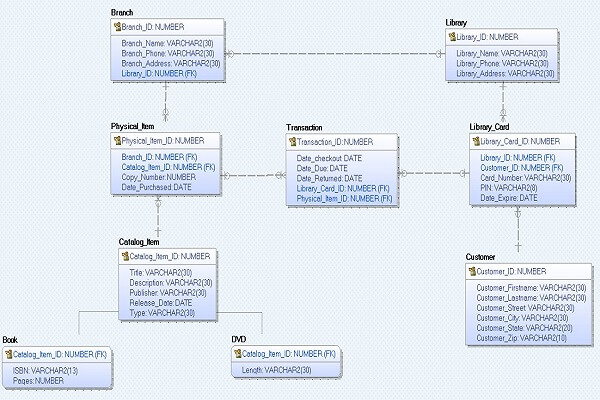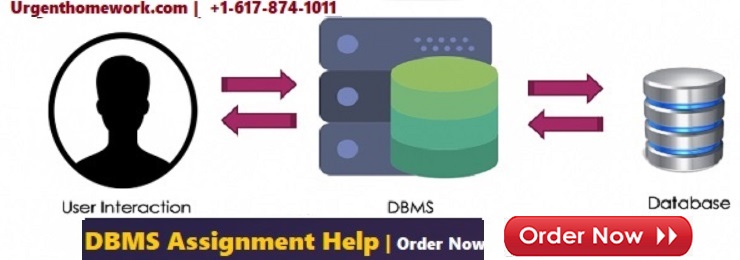DBMS Assignment Help
Get Professional dbms Assignment Help Services from DBMS Help Experts
DBMS or Database Management Systems is one of the tough subjects for most of the students. Since it requests a great deal of exploration work and students do not want to spend too much time researching. In this circumstance, a large portion of the students searching for DBMS assignment help. We offer an excellent DBMS assignment and deliver it within the given deadline. Our DBMS help experts also provided help in a short period of time. Our qualified DBMS experts are well aware of all the DBMS solutions. If you are struggling with DBMS assignment help, you can contact us at any time. Our experts are always available to help you.
DBMS supports many database models and we can classify the database management system according to the models that they support. In 1980 relational DBMS became dominant as it was only a model that use to have row and column and form a table. With the help of SQL queries, we use to fill the data in the table. In 2000 nontraditional DBMS become the popular one and it was referred NoSQL.
DBMS Explained by Our Database Assignment Help Expert
DBMS defined as a database management system. DBMS is a collection of records. Database management systems are designed for managing all the records. DBMS is a system software that enables us to store, manipulate, change, and extract data from a database.
DBMS generally controls the information position and the data format, field names, record structure, and file structure. It additionally characterizes rules to approve and control this information. It is utilized in a wide range in numerous segments like banking, aircraft, colleges, HR, assembling and selling, and some more.
Types of DBMS Systems Assignment Help Online
There is the following type of structural database management systems:
- SQL Query
- Data Mining
- DB Design process
- Network databases
- Relational databases
- Hierarchical databases
- Object-oriented databases
- Help with the Concept of Normalization
- Query Optimization and Query Processing
How Our Experts Can Help You with Database Management System assignment?
Our DBMS assignment help service specialists experts give arrangements of all sort of issues identified with DBMS. We are a standout amongst other specialist co-ops in this field and we give the variable database the board framework task to our customers which have no unoriginality and having remarkable and lovely planned to rely upon customers' needs. We have encountered and handy scientists, in this way, any designing understudies can acknowledge our administrations without stressing over the task quality. As we research in each paper well overall, the quality paper is served in the wake of investigating various territories like diverse database models, SQL, MySQL, Relational database, standardization, and so on. So on the off chance that you need to manage the cost of with DBMS homework help no doubt pick Urgenthomework.com
Sample of DBMS Assignment Help Solved By By Our DBMS Help Experts To Overcome DBMS Difficulties

Question 1: (25 Points)
The diagram below (also attached in part2_ERD.png ) is an ERD for a public library database.
NOTE: There are two types of catalog items – Book and DVD. A customer can check out one item at a time.
Study the ERD and answer the following questions:
Identify all relationships and specify cardinality and business rules. For example, 1:M between Library and Branch: a library has many branches; a branch belongs to one and only one library.
For each entity, identify primary key and foreign key, if any. For foreign keys, also specify parent entity and matching attribute in the parent entity.
Write SQL DDL statements to create tables in Oracle and also implement primary key, foreign key, and NOT NULL constraint. Include all columns listed with the correct data type. This step is important, as in Question 2 you will run INSERT statements to populate the tables you created and then write a SELECT statement to query those tables.
Write a SQL statement for the following scenario:
Add a new customer Eric Short with Customer_ID 10 and Customer_Zip 23456.
Save changes permanently.
Change customer Eric Short zip from 23456 to 20231.
Cancel the change made in step c, restore data to its original status prior to step c.
Delete customer Eric Short.
Save changes permanently.
For SQL code, submit both source statements and results of running your statements.
Question 2: (25 Points)
Continue Question 1 above. It is important for you to create those tables with the exact table/column name and exact column data type/length as shown in the ERD.
Run the script DBST651_final_Part2_q2.sql attached and then respond the following SQL problems:
Create SQL statements for the following scenarios. Your response should include SQL statement, output, and any other assumptions you have made to arrive at the solution. Please provide a single SQL query for each problem.
- For each book in the catalog, display its title, publisher, ISBN, release date, number of pages, and whether it's carried in any library ({"Yes"} or {"No"}). Sort results by title. Make sure there is no duplicate information.
- For a book with ISBN 9780756404079, display its title, publisher, ISBN, which library (not branch) has it, and the total number of copies each library has. Do not show libraries that don’t carry it. Sort results by the number of copies in descending order.
- For each DVD in the catalog, display its title, length, release_date, and how many times it has been checked out by all customers across all libraries. Include those that have not been checked out yet (display as 0). Sort results by title.
- Display those customers who have checked out the same catalog item more than once. Show customer name, and for each catalog item show title, type, number of check out times, first check out date, and last check out date for the item. Sort results by customer-first/last name and catalog item title.
- Show all customers who have checked more books than DVDs. Display customer name, total book checkouts, and total DVD checkouts. Sort results by customer first name and last name.


